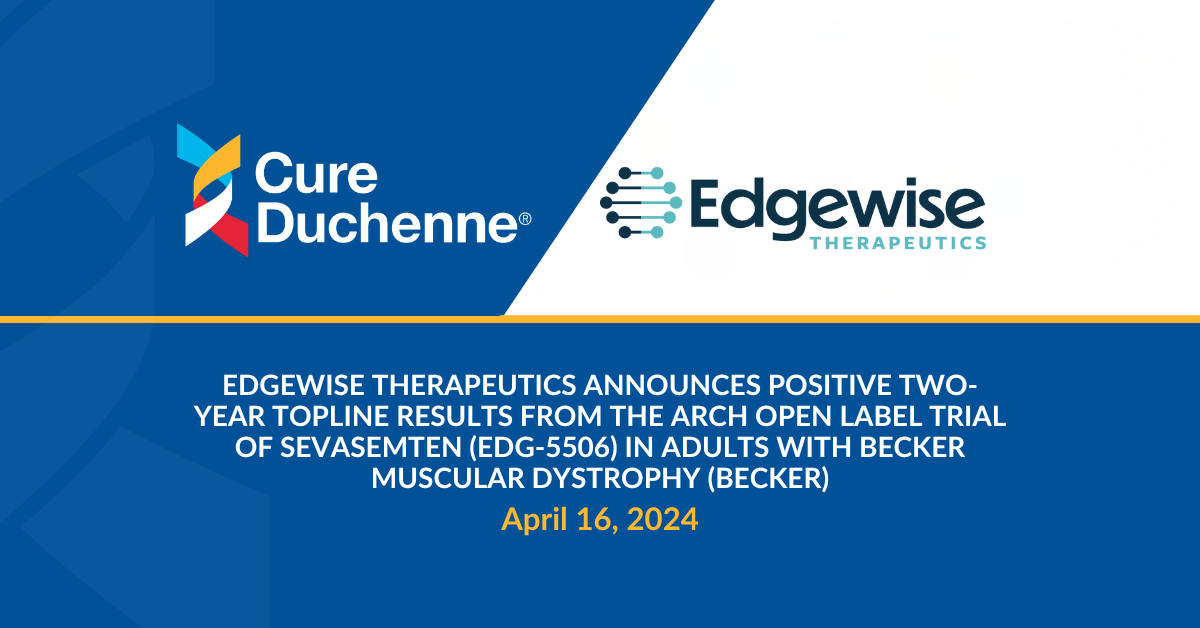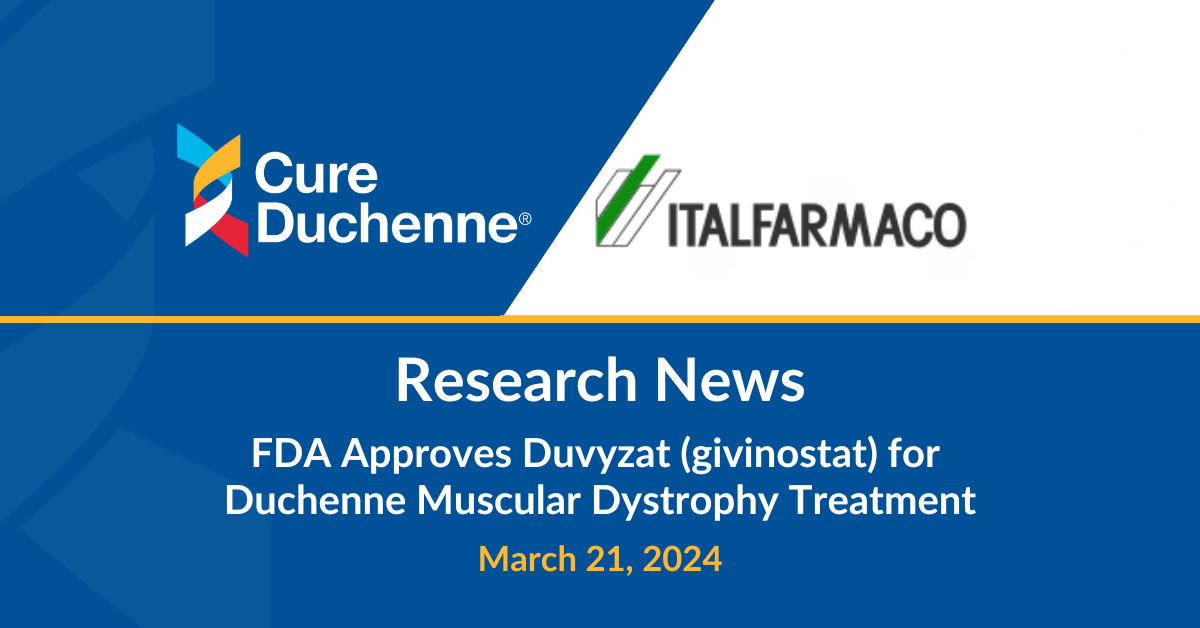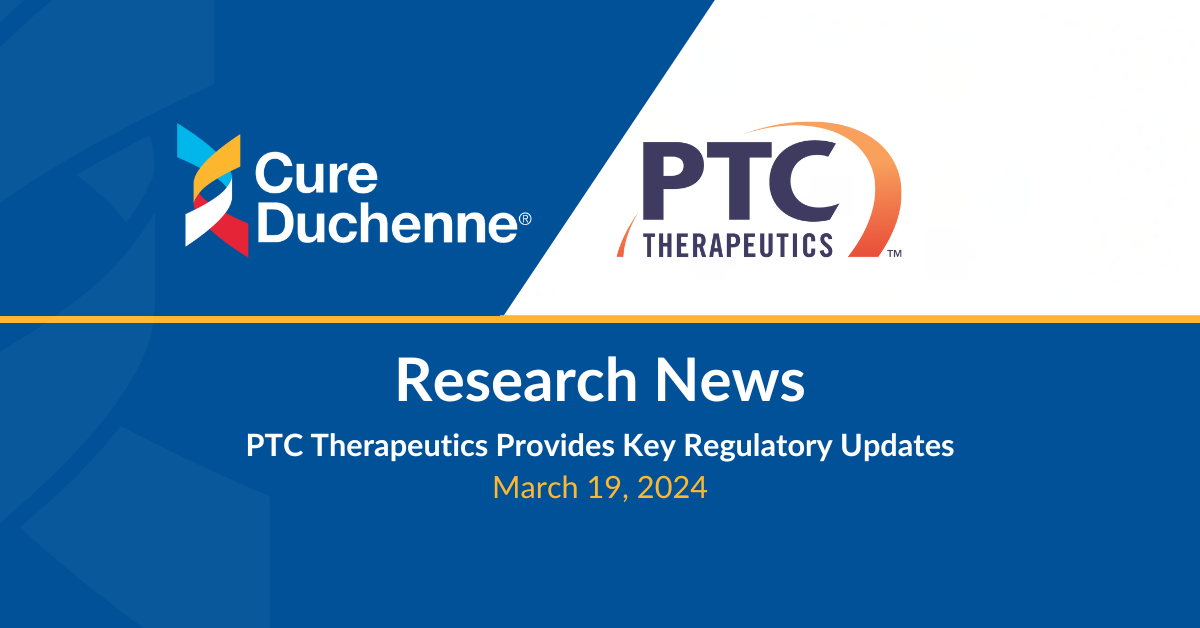Summary of GSK – Drisapersen Webinar
DRISAPERSEN UPDATE: results from a randomized, double blind, placebo-controlled Phase II clinical trial Webinar with GlaxoSmithKline took place on Monday 6th May 2013, 9:00 am PDT.
The webinar was to inform and update the Duchenne community on the Phase II clinical trial results for GSK2402968 (drisapersen) (DMD study 114117). Drisapersen is a 2’-O-methyl-phosphothioate oligo designed to skip exon 51 in the dystrophin pre-mRNA. The results of this exploratory, unpowered, double blind, placebo-controlled Phase II clinical study was presented by Dr. John E. Kraus, MD, PhD, DFAPA, the project physician leader at GSK.
DMD 114117 clinical study:
Subjects with Duchenne muscular dystrophy met the following inclusion criteria: ≥5 years old; ambulant; corticosteroid-treated; rise from the floor ≤7 sec; and a dystrophin mutation correctable by exon 51 skipping. 53 subjects were randomized to 2 drisapersen dosing regimens or matched placebo (2:1). Dosing regimens: continuous (6mg/kg/wk) and intermittent (10-week cycles of 9 doses at 6mg/kg over 6 wks, and 4 wks off drug). Treatment was administered subcutaneously for 48 weeks. The primary objective assessed the efficacy of 2 different drisapersen dosing regimens over 24 weeks. Secondary objectives included 6MWD at 48 weeks, various timed function tests, the North Star Ambulatory Assessment [NSAA], muscle strength and safety.
Results:
Dr. Kraus reported that the continuous treatment arm (n=18) showed a clinically meaningful and statistically significant difference from placebo (n=18) on 6MWD at 24 weeks (mean, 35.09m; [95%CI, 7.59-62.60m], p=0.014), with trends supportive of efficacy in other timed function tests and the NSAA. A clinically meaningful difference from placebo (35.84m [-0.11-71.78m], p=0.051) was maintained at 48 weeks. The intermittent treatment arm (n=17) did not separate from placebo at week 24, though by week 48 there was a clinically meaningful difference from placebo on 6MWD (27.08m [-9.83-63.99m], p=0.147), supported by trends in timed function tests and the NSAA. The decline in the 6MWDT for the placebo group paralleled that expected from the natural history of the disease. There was little change in muscle strength at either time point for either treatment arm, and it was commented that this measure was not likely to be sensitive to significant change in this patient group over 48 weeks. Drisapersen was generally well tolerated, with the majority of adverse events related to injection site reactions and proteinuria. All patients completed the study. The analysis of dystrophin in muscle biopsy samples is ongoing and results are expected during the 4th quarter 2013.
The primary objective was achieved, the continuous treatment arm showed a clinically meaningful and statistically significant difference from placebo on 6MWD at week 24. At week 48, both treatment arms showed a clinically meaningful difference from placebo on 6MWD (supported by improvement in other secondary endpoints). Drisapersen may represent an important treatment option for boys with DMD having mutations correctable by exon 51 skipping.
An open label Phase 3 study of GSK2402968 is now in progress (https://www.clinicaltrials.gov/ct2/show/NCT01480245?term=drisapersen&rank=2), the purpose of which is to explore long-term safety, tolerability and efficacy of GSK2402968 in DMD subjects who previously participated in the DMD114117 study.
For information about additional exon skipping projects in the pipeline at Prosensa, please go to: https://prosensa.eu/





